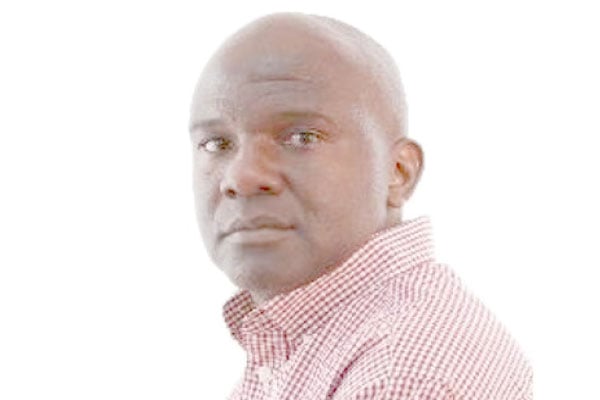Mengo lashes out at govt over exclusive coffee deal

Buganda Katikkiro Charles Peter Mayiga (left) shares a light moment with former Buganda premier Joseph Mulwanyammuli Ssemogerere during the Easter Mass at Rubaga Cathedral in Kampala on Sunday. Centre is Ms Margaret Mayiga. PHOTO / MICHAEL KAKUMIRIZI
What you need to know:
- The coffee deal has elicited an uproar in the country since last week when information leaked that the deal was awarded to Ms Enrica Pinetti, the woman behind the stalled International Specialised Hospital project in Lubowa, Wakiso District.
The Katikkiro of Buganda, Mr Charles Peter Mayiga, has criticised the government over a deal it signed with Uganda Vinci Coffee Company (UVCC), a privately owned firm, to process and export the country’s coffee.
His disapproval was made on Sunday while addressing members of the congregation at Rubaga Cathedral, which was hosting an Easter mass.
Mr Mayiga had been invited to speak at the tail end of the mass.
“….then came a company called Vinci Coffee Company Ltd. It was given almost exclusive rights to buy and sell coffee in Uganda. The government officials that signed the document didn’t consult anyone who has a stake in the coffee business,” Mr Mayiga said.
“The officials said the agreement has no problem. Really, we also know English and we learnt how to read. We also know how to analyse an agreement. Even the laws, we know how to solicit. It is as if there are people who want to fail Uganda to grow, buy and export coffee abroad. It seems,” he added.
The coffee deal has elicited an uproar in the country since last week when information leaked that the deal was awarded to Ms Enrica Pinetti, the woman behind the stalled International Specialised Hospital project in Lubowa, Wakiso District.
The project is more than two years behind deadline despite the $379 million (about Shs1.4 trillion) backing from the government.
Mr Mayiga asked the government to consult the (local) coffee growers before bringing laws, regulations or entering any agreement.
“I was in Busujju County. They have grown coffee, but they were not consulted. Then we have those who buy from the grower, those who produce to get fine beans and those who make instant coffee and those who export. None of those was consulted,” he said.
“Buganda Kingdom has a big stake in the coffee sector. Why don’t they consult us? Maybe we have a big hand in the development of the coffee sector. Why don’t they consult us? Do the people in the Ministry of Finance know [more] about coffee issues than us?” he added.
Regardless of the challenges facing the trade, Mr Mayiga urged farmers not to lose hope.
“Continue to grow coffee,” he told people, adding: “Ugandans should learn to drink coffee. In Ethiopia, they grow more coffee than us but buy 60 percent of their total production.”
In an interview with Sunday Monitor last week, the Attorney General (AG), Mr Kiwanuka Kiryowa, said the agreement is aimed at luring more investors (into the country).
A section of local coffee farmers have, however, say they feel betrayed after reasoning that the coffee sector has been forfeited to foreigners.




